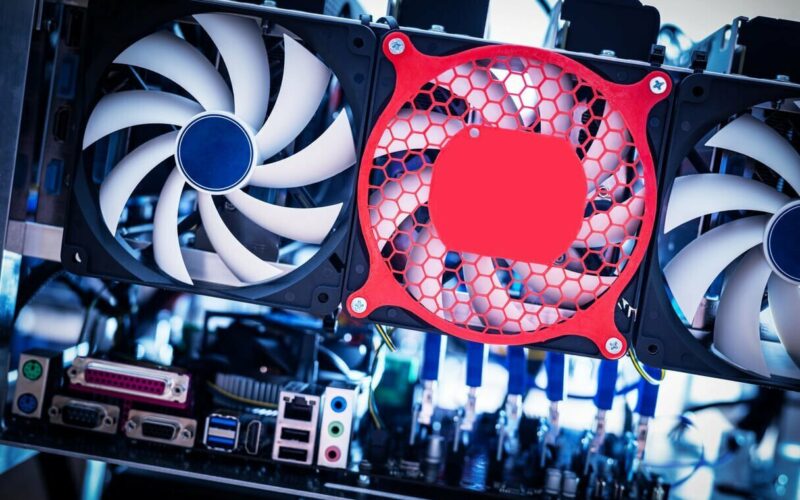Crypto billionaire Jed McCaleb, renowned co-founder of major crypto companies like Stellar, Ripple, and Mt Gox, has recently announced the launch of a nonprofit organization with a specific mission to empower the development of generative AI.
Registered as a 501(c)(3) organization in the United States, this nonprofit has already made waves in the industry by purchasing 24,000 Nvidia H100 graphics cards (GPUs) worth an astounding half a billion dollars. These powerful GPUs, among the largest in the world, will be utilized in data centers that aim to lease computing capacity to AI projects.
What sets these data centers apart is that they do not belong to the usual technology giants that dominate the market. Instead, they represent a new approach led by McCaleb himself. Startups such as Imbue and Character.ai are already benefiting from the computing capacity provided by these data centers, using it for AI model experimentation.
“We’re continuing to speak with folks in the industry to understand their needs and are using what we learn to inform how we build out our remaining clusters so that they’re useful to as many customers as possible,” said Eric Park, CEO of Voltage Park, the organization responsible for managing these data centers.
Unlocking Access to AI Resources
The goal of this initiative is to “unlock access” to AI resources, eliminating the constraints of restrictive contracts, GPU scarcity, and high minimum purchase thresholds. By doing so, McCaleb aims to enable startups, scale-ups, and research organizations to innovate freely in the field of AI without any limitations.
Furthermore, McCaleb’s nonprofit, named the Navigation Fund, took a unique approach to managing the recently purchased GPUs. The ownership of the graphics cards was transferred to a for-profit subsidiary known as Voltage Park. This structure may appear complex at first glance, but it allows Voltage Park to efficiently manage the large GPU cluster.
Although Voltage Park’s complete cluster is not yet online, it will soon be accessible across multiple states in the United States. This accessibility will come with the added benefit of offering both short-term leases and hourly billing options, catering to the diverse needs of AI projects.
GPU Shortage: A Challenge in the AI Industry
The scarcity of advanced compute capacity, particularly GPUs, poses a significant challenge in the AI industry. Even tech giants like Microsoft are struggling to secure these chips, leading to potential service disruptions in AI operations. According to reports, Nvidia’s high-performance AI cards are already sold out until 2024.
This shortage further emphasizes the importance and impact of initiatives like McCaleb’s Navigation Fund, which not only address the limitations faced by AI developers but also pave the way for widespread AI innovation and advancement.
















